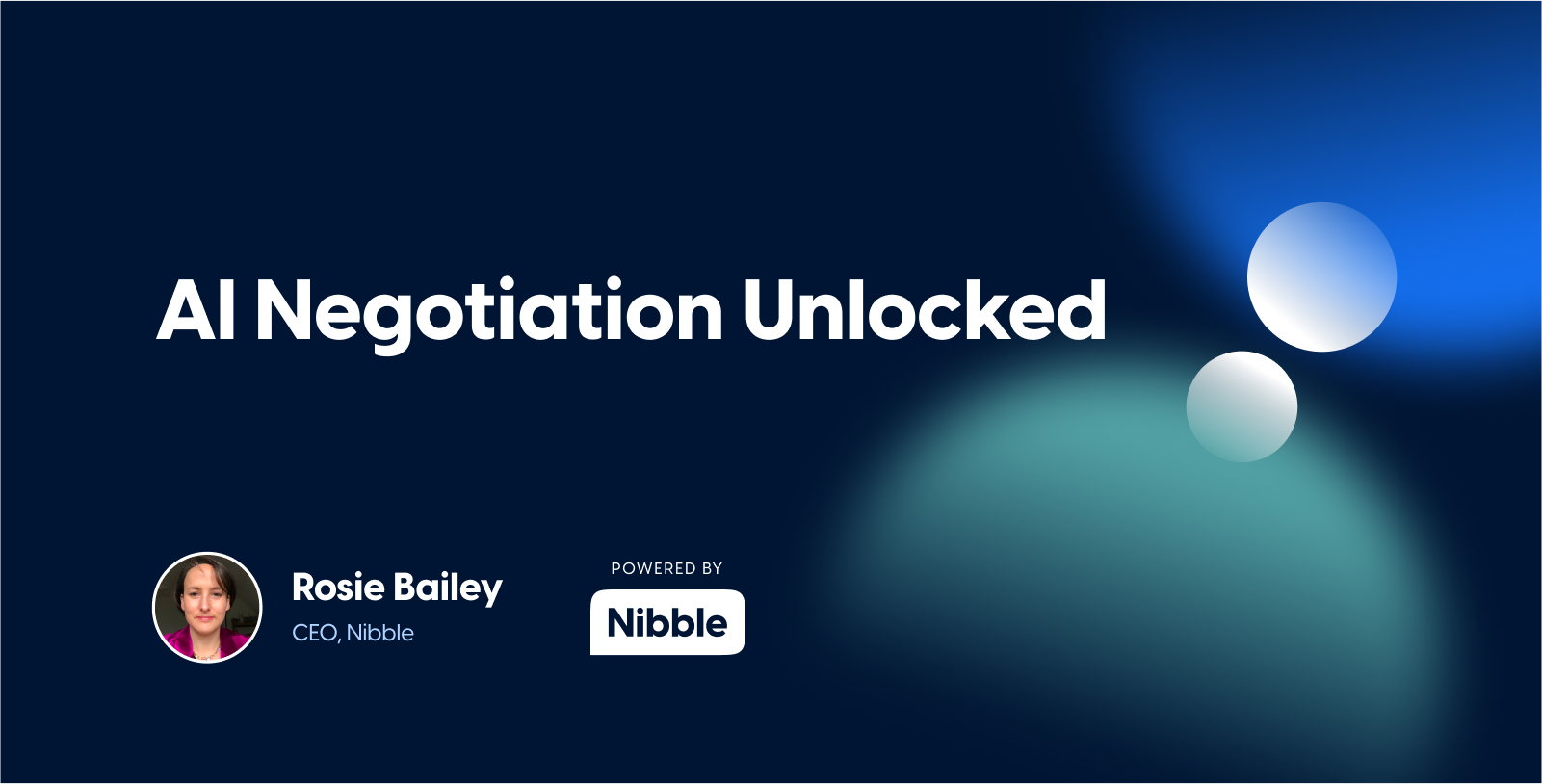
This persuasion mistake is costing you sales in negotiations…
Today’s newsletter is a bit different: some free advice to improve your negotiations, whether via AI or IRL. Some say “be brief, be bold, be gone” but I prefer my father’s version which is “never complain, never explain”.
Most people think the more reasons you give, the more persuasive you are. In reality, piling on extra points can make your strongest argument weaker. It’s called the dilution effect—our brains average information rather than adding it up. So when you mix a killer stat with a few “nice-to-have” extras, you’re watering down your impact.
? The Most Common Persuasion Mistake – Is this You?
When it comes to negotiation or persuasion – whether you’re selling a product, pitching your skills, or defending an idea – most people operate assume more is more. The more reasons you give, the more likely someone is to be convinced.
But research into human decision-making suggests the opposite can often be true. A subtle cognitive bias, known as the dilution effect, can make your argument less persuasive the more you try to strengthen it. In other words, your strongest point might actually get weaker when you pile on extra ones.
Let’s unpack why that is, and what it means for how you negotiate.
? What Is the Dilution Effect?
The dilution effect is a psychological phenomenon where adding weaker, irrelevant, or even moderately strong information to a compelling argument makes the overall case seem less convincing.
It happens because people don’t process arguments like a lawyer adding up evidence. Instead, we subconsciously average the strength of all the information we’re given. So when a strong argument is bundled with a few weaker ones, the average impact is lowered, not raised.
?️ How This Plays Out in Negotiation
In negotiation—whether that’s sales, salary talks, or stakeholder buy-in—this effect can be the difference between a “yes” and a “maybe.”
Say you’re pitching your product to a potential buyer. You lead with a killer stat: AI negotiation improves conversion in B2B ecommerce by +27% (it really does BTW ?) That’s a strong, compelling point. But then you add a couple more: it’s got a nice interface, and my team answers emails quickly. …
Those aren’t bad points, but they’re less impressive—and now the buyer is subconsciously averaging them all together. The sharp, standout benefit has now been mixed in with fluff. The overall impact of your pitch weakens.
You’ve just diluted your most persuasive message.
⚖️ Why We Do It (Even Though It Doesn’t Work)
The instinct to stack multiple arguments is natural. We think a longer list of positives will overwhelm objections. We fear that one point alone might seem flimsy, so we pad it out with supporting material.
But persuasion doesn’t work like a checklist. It works like a story. And in stories, adding unnecessary details muddies the clarity of the narrative. What makes an argument memorable and powerful is often its focus.
? Less Is Often More Persuasive
If you’re heading into a negotiation or trying to persuade someone:
- Lead with your strongest point – and let it breathe. Don’t rush to immediately support it with extras unless they’re equally compelling.
- Resist the urge to over-justify. One well-evidenced, high-impact benefit can be more convincing than a longer list of “nice-to-haves.”
- Focus on relevance. Every point you include should be directly tied to the outcome you want. If it’s interesting but off-topic, cut it.
- Let silence do some of the work. After making a strong statement, pausing allows the other person to process it—without giving them the chance to average it down with weaker points.
? The Takeaway
We often assume persuasive arguments are built like towers: the more bricks, the stronger the structure. But in reality, they’re more like spotlights. When you add too many beams, the main focus fades.
The next time you’re preparing for a negotiation or writing persuasive content, remember: you’re not just adding information—you’re shaping perception. Prioritise clarity over volume, strength over scope.
In persuasion, less really can be more.
Find out more from Nibble’s experience negotiating 100,000 times a month here.
Interested in Nibble?
